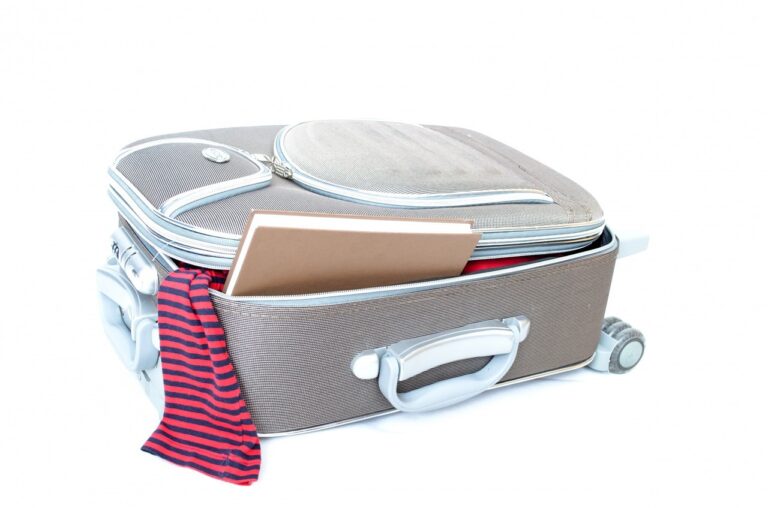How to Develop Research Skills Through Student Exchange Programs: 99exch, Laser247 club, World777 contact number
99exch, laser247 club, world777 contact number: Student exchange programs offer a unique opportunity for students to immerse themselves in a different culture, learn a new language, and gain valuable research skills. Whether you are studying abroad for a semester or a full academic year, participating in a student exchange program can be a transformative experience that helps you develop essential research skills.
Exploring New Perspectives
One of the most significant benefits of participating in a student exchange program is the opportunity to explore new perspectives. By studying in a different country, you will be exposed to diverse ideas, cultures, and ways of thinking that can broaden your research horizons. This exposure to new perspectives can help you develop a more critical and analytical approach to your research, allowing you to consider different viewpoints and approaches.
Enhancing Language Skills
Another key aspect of student exchange programs is the chance to enhance your language skills. Many exchange programs require students to study in a language other than their native language, which can be a valuable opportunity to improve your language proficiency. Being able to communicate effectively in a different language can open up new research opportunities and allow you to collaborate with researchers from around the world.
Access to Unique Resources
One of the main advantages of studying abroad is the access to unique resources that may not be available at your home university. Whether it is specialized libraries, research facilities, or archives, participating in a student exchange program can provide you with access to resources that can enrich your research projects. Take advantage of these resources to explore new research topics and enhance your academic work.
Developing Cross-Cultural Communication Skills
In addition to improving your research skills, participating in a student exchange program can help you develop cross-cultural communication skills. Communicating with people from different backgrounds and cultures can help you become a more effective researcher by teaching you how to navigate cultural differences, work with diverse teams, and communicate your research findings to a global audience.
Building a Global Network
Finally, student exchange programs offer the opportunity to build a global network of peers, mentors, and collaborators. By connecting with students and researchers from different parts of the world, you can expand your professional network and gain valuable insights into the global research community. These connections can open up new research opportunities, collaborations, and career paths that you may not have considered before.
In conclusion, participating in a student exchange program can be a transformative experience that helps you develop essential research skills. By exploring new perspectives, enhancing language skills, accessing unique resources, developing cross-cultural communication skills, and building a global network, you can take your research to the next level and become a more effective and well-rounded researcher.
**FAQs**
Q: How can I find student exchange programs to participate in?
A: You can explore various universities and organizations that offer student exchange programs, as well as consult with your academic advisor for recommendations.
Q: Can I receive academic credit for participating in a student exchange program?
A: Yes, many universities allow students to receive academic credit for courses taken during a student exchange program. Be sure to verify the credit transfer process with your home university.
Q: Will participating in a student exchange program help me in my future career?
A: Yes, participating in a student exchange program can enhance your resume, improve your cross-cultural communication skills, and expand your professional network, all of which can benefit your future career prospects.







